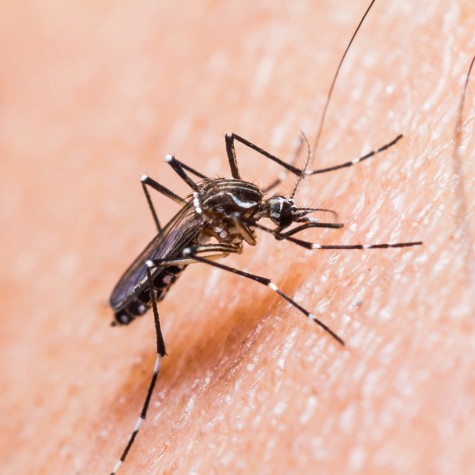
The Zika virus is typically spread with a mosquito bite and has recently started affecting people in the states.
What began as a mild concern to the Center of Disease Control has now caused the CDC to raise its response to Level 1 activation, the highest response level at the agency.
The Zika Virus, a virus associated with infected mosquitos, reached the Americas around nine months ago, according to foreignpolicy.com. The virus gets its name from the Zika Forest, a tropical forest near Entebbe in Uganda, Africa. Since being discovered in the Zika forest decades ago, the virus has now been reported in countries outside the African continent.
Zika virus outbreaks were reported in areas of the Pacific Islands, Africa, and Southeast Asia prior to 2015. According to the CDC.gov website, the Pan American Health Organization or PAHO, issued an alert in May of 2015 regarding the first confirmed Zika virus infections in Brazil.
Infections in South America have spread at high numbers with some pregnant women giving birth to babies with microcephaly. Microcephaly is a congenital condition that hinders the complete development of the brain. An obvious defect is the abnormal smallness of the head. This is where the search for a vaccine begins. With many unborn children at risk, medical researchers and scientists are working in fear of the growing number of microcephaly cases.
Not many cases have been reported in North America but should we still be concerned? Whenever viruses and diseases cross bodies of water over to the United States, a countrywide panic ensues when media outlets report a few occurrences of ‘foreign’ viruses and diseases. As terrifying as contracting Zika sounds, the chances of getting the virus is slim.
Staying away from areas that may house mosquitos will decrease your chances of getting infected. It’s been advised for pregnant women not to travel to the tropical countries that have reported cases of Zika associated with microcephaly. There are many ways for people to prevent infection. There are bug sprays available to keep mosquitos and other insects away. Any medication that a doctor might prescribe before a major trip to warm climates might help deter other mosquito infections, such as Malaria. But due to the small number of centralized Zika cases in South America and the few in the United States, i think that the virus is not something that should worry Americans.
The people of the United States are not new to medical epidemic panics. They have braced the West Nile Virus, Ebola, and Swine Flu as it touched down on their home field. Hopefully, this is another virus that nobody will have to worry about as they wait for Spring Break to travel to their favorite destinations.

